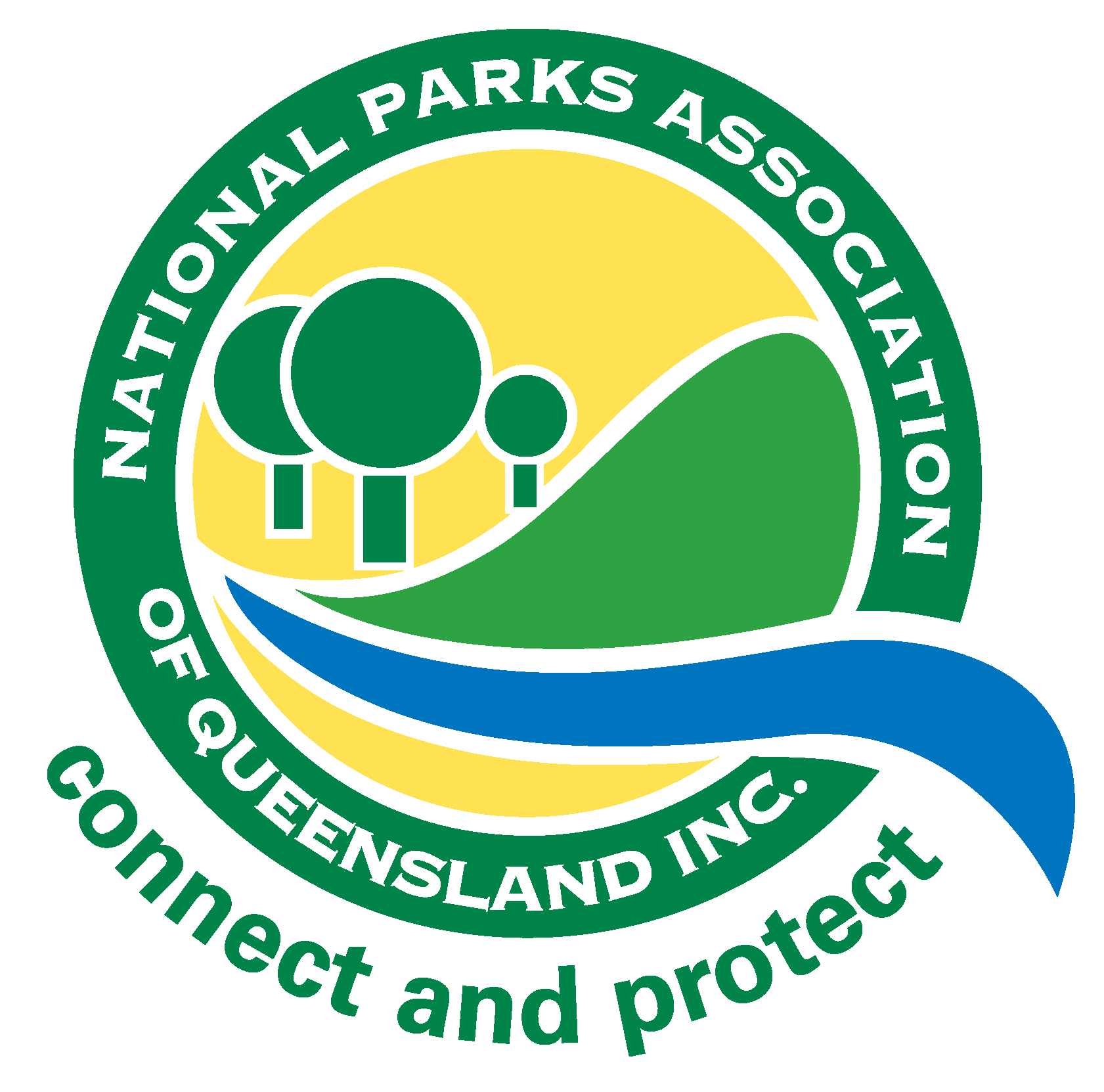Protected Magazine
Mountain Biking Seminar
Should we be pedalling in national parks? That was the question discussed by participants at the NPAQ seminar held in June. The aim of the seminar was to bring the cycling industry, conservation sector, government, and other interested people together to discuss the contentious activity of mountain biking in national parks and hear the latest research and each other’s position and perspectives on the topic.
The seminar attended by over 40 people was mostly represented by government, followed by the non-government sector, the cycling industry, cycling clubs, the private sector, academia, and several retired people. Regardless of the sector they represented, most of the participants cycled in nature at least once a week or once a month, whilst others cycled in nature 1-10 times a year, or previously cycled but were retired from the sport. Only four participants had never cycled in nature. Chris Thomas (CEO, NPAQ) opened the seminar by introducing Simone Maynard (Conservation Manager, NPAQ) who engaged participants throughout the seminar collecting their perspectives via questions using Mentimeter.
The latest research on mountain biking impacts was presented by Catherine Pickering (Griffith University). Some of the impacts were erosion, vegetation trampling, weed introductions and conflict with other park users. The establishment of illegal trails and the long-distance mountain bikes can travel were identified as the most damaging to national parks.
Participants said they were familiar with most impacts, and many had experienced conflict with bikers whilst hiking and noticed extensive erosion and illegal tracks.
Participants were less familiar with the impacts of e-bikes and the popularity and pressures of mountain biking close to urban areas. As well, that on a per metre basis the impact of mountain biking is relatively the same as hiking, and that bikers and hikers have been found to share the same values for nature although their motivations of participating in the activities were different.
Following this, Lynn Forrester (QLD Government) shared the government’s position noting that most cycling in national parks is a carry-over of state forest conversion. Whilst cross-country cycling is considered most compatible in national parks, the role of the value based Management Framework and taking a landscape approach to recreational planning was vital to determining appropriate areas.
The key to sustainable biking was identified as zero tolerance to illegal trails, following guidelines developed by the International Mountain Bike Association, the establishment of trail care groups, adequate resources for trail maintenance, and supporting privately operated mountain bike areas.
Lisa Davies Jones (Bicycle Queensland) discussed the benefits of mountain biking such as physical and mental health, social and family cohesion, and bringing people closer to nature. Determining sustainable solutions to the demand of diverse park users is a recognised challenge, balancing these with environmental and cultural conservation, and funding and resourcing new and existing trails. Bicycle Queensland calls for the development of a robust environmental framework which guides the construction of sustainable trail networks in national parks and other land tenures.
A full recording of the event and presentation slides can be accessed on the NPAQ website: https://npaq.org.au/should-we-be-pedalling-in-national-parks/


